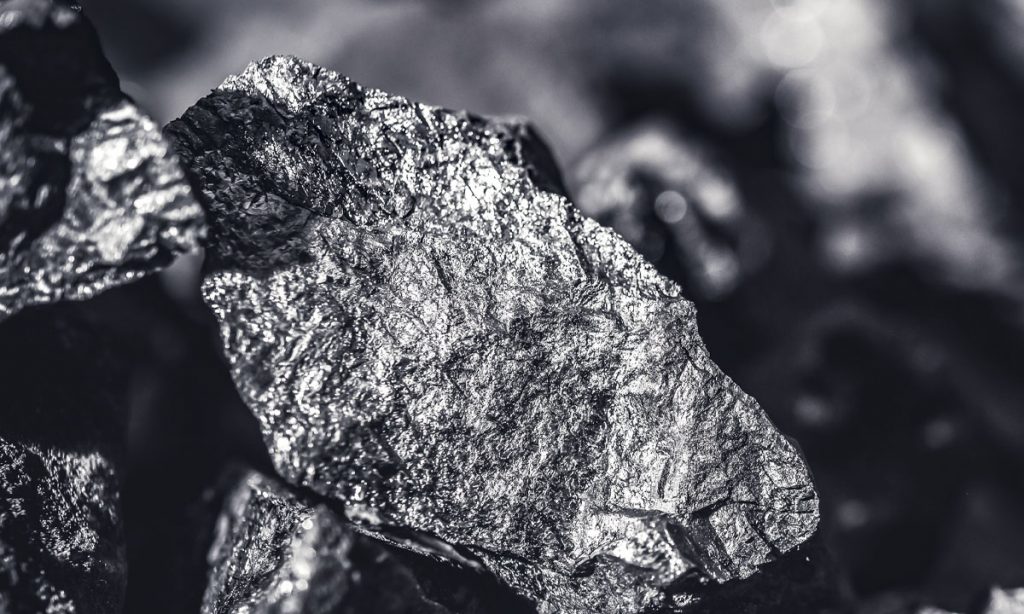The Coking Coal Market
Coking coal, also known as metallurgical coal, is used to create coke, one of the key irreplaceable inputs for the production of steel.
There are many varieties of coal in the world, ranging from brown coal or lignite to anthracite. The property that really sets coking coals apart from other coals is its caking ability, which is the specific property required in order to make coke suitable for steel making.
Coke is produced by heating coking coals in a coke oven in a reducing atmosphere. As the temperature of the coal increases, it becomes plastic, fusing together before resolidifying into coke particles. This is known as the caking process. The quality of the resultant coke is determined by the qualities of the coking coals used, as well as the coke plant operating conditions.
Coke quality is largely influenced by coal rank, composition, mineral content and the ability to soften when heated, become plastic, and resolidify into a coherent mass. Bituminous class coals of high, medium, and low volatile rank that possess these properties are called “coking” coals.
High quality coking coals are in great demand by steel producers, who need these coals to make high quality coke to maximise the productivity of their blast furnace operations.
Ovoot Coking Coal is classified as a ‘Fat’ coking coal which is a rare and valued coal used in blends of different coal qualities where it’s coking and plastic properties enables combination of the various coals in the blend.

China Market
There are many varieties of coal in the world, ranging from brown coal or lignite to anthracite. The property that really sets coking coals apart from other coals is its caking ability, which is the specific property required in order to make coke suitable for steel making.
